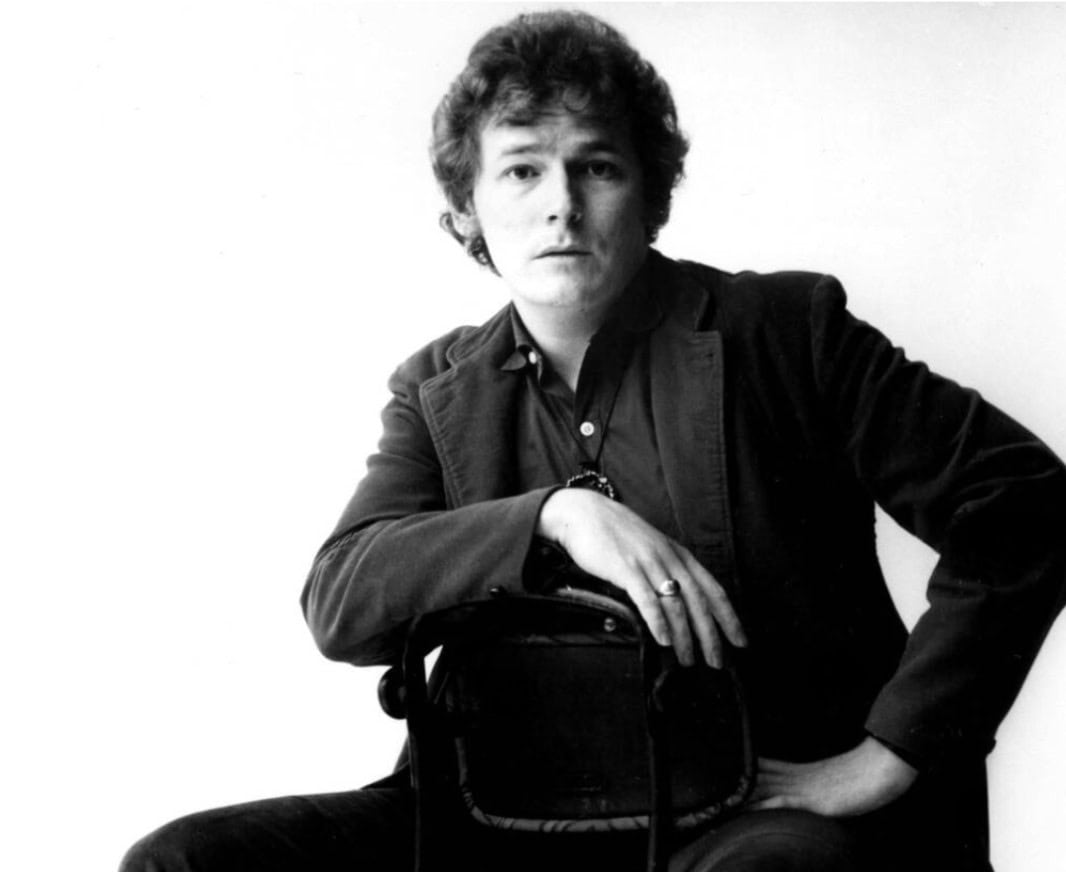About the song
Gordon Lightfoot, a Canadian folk singer-songwriter renowned for his evocative storytelling and melodic prowess, crafted a timeless masterpiece in “The Wreck of the Edmund Fitzgerald.” This haunting ballad, released in 1976, chronicles the tragic sinking of the SS Edmund Fitzgerald, a large Great Lakes freighter, during a fierce storm on November 10, 1975. Lightfoot’s vivid imagery and poignant lyrics have solidified the song’s place in the annals of folk music history.
The song begins with a haunting instrumental introduction, setting the stage for the tragic tale that unfolds. Lightfoot’s voice, rich and resonant, narrates the events of that fateful day, painting a vivid picture of the storm’s ferocity and the ship’s perilous situation. He describes the relentless gale, the towering waves, and the ship’s desperate struggle to stay afloat. The lyrics are filled with metaphors and imagery that evoke the raw power of nature and the vulnerability of those at sea.
One of the most striking aspects of the song is Lightfoot’s ability to capture the human element of the tragedy. He introduces the crew of the Edmund Fitzgerald, painting them as ordinary men facing extraordinary circumstances. Their fear, their courage, and their ultimate fate are conveyed with empathy and respect. Lightfoot’s lyrics highlight the bond between the crew members, their shared experiences, and their unwavering determination to survive.
The song’s chorus is a powerful and memorable refrain, repeating the phrase “Does anyone know where the Edmund Fitzgerald is?” This question serves as a haunting reminder of the ship’s disappearance and the fate of its crew. It also invites the listener to ponder the mystery surrounding the tragedy and the enduring power of the sea.
Lightfoot’s guitar playing is a key element of the song, providing a haunting and atmospheric backdrop for the lyrics. His melodies are both simple and evocative, capturing the emotional intensity of the story. The song’s arrangement is sparse, allowing the lyrics and the singer’s voice to take center stage.
“The Wreck of the Edmund Fitzgerald” is a testament to Gordon Lightfoot’s songwriting genius and his ability to craft songs that resonate deeply with audiences. It is a powerful and moving tribute to the victims of the tragedy and a reminder of the enduring power of nature. The song’s enduring popularity is a testament to its timeless appeal and its ability to touch the hearts of listeners across generations.
Video
Lyrics
The legend lives on from the Chippewa on down
Of the big lake they call Gitche Gumee
The lake, it is said, never gives up her dead
When the skies of November turn gloomy
With a load of iron ore twenty-six thousand tons more
Than the Edmund Fitzgerald weighed empty
That good ship and true was a bone to be chewed
When the gales of November came early
The ship was the pride of the American side
Coming back from some mill in Wisconsin
As the big freighters go, it was bigger than most
With a crew and good captain well seasoned
Concluding some terms with a couple of steel firms
When they left fully loaded for Cleveland
And later that night when the ship’s bell rang
Could it be the north wind they’d been feelin’?
The wind in the wires made a tattle-tale sound
And a wave broke over the railing
And every man knew, as the captain did too
T’was the witch of November come stealin’
The dawn came late and the breakfast had to wait
When the gales of November came slashin’
When afternoon came it was freezin’ rain
In the face of a hurricane west wind
When suppertime came, the old cook came on deck sayin’
“Fellas, it’s too rough to feed ya”
At 7 PM, a main hatchway caved in, he said
“Fellas, it’s been good to know ya”
The captain wired in he had water comin’ in
And the good ship and crew was in peril
And later that night when his lights went outta sight
Came the wreck of the Edmund Fitzgerald
Does any one know where the love of God goes
When the waves turn the minutes to hours?
The searchers all say they’d have made Whitefish Bay
If they’d put fifteen more miles behind her
They might have split up or they might have capsized
They may have broke deep and took water
And all that remains is the faces and the names
Of the wives and the sons and the daughters
Lake Huron rolls, Superior sings
In the rooms of her ice-water mansion
Old Michigan steams like a young man’s dreams
The islands and bays are for sportsmen
And farther below Lake Ontario
Takes in what Lake Erie can send her
And the iron boats go as the mariners all know
With the gales of November remembered
In a musty old hall in Detroit they prayed
In the maritime sailors’ cathedral
The church bell chimed ’til it rang twenty-nine times
For each man on the Edmund Fitzgerald
The legend lives on from the Chippewa on down
Of the big lake they call Gitche Gumee
Superior, they said, never gives up her dead
When the gales of November come early


